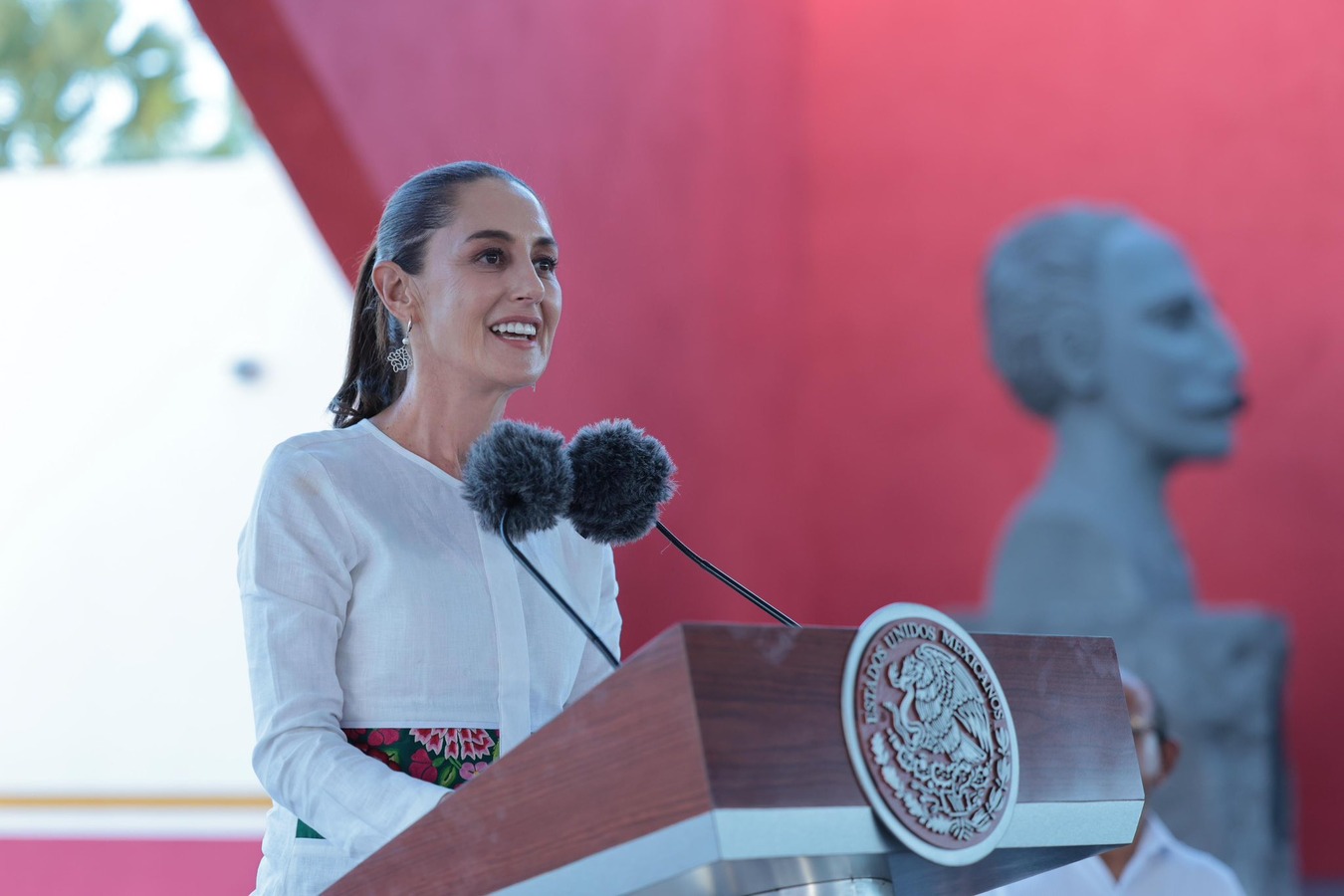Brazil, Colombia, and Uruguay Consider Drug Decriminalization
Brazil, Colombia, and Uruguay Consider Drug Decriminalization
The first two countries are taking steps toward legalizing possession of small amounts of narcotics, while Uruguay creates a legal framework for the sale and regulation of marijuana.
An array of new drug policies have taken root over the past two months in Brazil, Colombia, and Uruguay as governments took steps toward decriminalizing narcotics. Uruguay’s president presented a bill to legalize and regulate marijuana sales and production, while Colombia’s Constitutional Court ruled in favor of decriminalizing limited quantities of marijuana and cocaine. Brazil’s Congress is working on a new penal code that includes decriminalizing small quantities of narcotics. Drug policy featured as a prominent topic at April’s Summit of the Americas, where hemispheric leaders agreed to commission a study of anti-drug policies in the region. “What’s emerged is a critical mass of support for opening up the debate and putting all options on the table,” Ethan Nadelmann, executive director of the Drug Policy Alliance, told GlobalPost. “One [factor] is the ongoing and mounting frustration that not just governments but many people in Latin America feel…[M]any have concluded that there’s no way to defeat what is essentially a dynamic global commodities market.”
Now, a number of countries are moving toward decriminalizing personal use of narcotics. Uruguay’s legislation is perhaps the most far-reaching. On June 20, members of the country’s cabinet announced the president will send a bill to Congress to legalize and regulate marijuana. The use of the drug is already legal in Uruguay, but the law would establish a framework for marijuana production and sales. "By regulating the marijuana market in the way we're proposing, we're going to undermine the development of trafficking of other drugs," said Julio Calzada, secretary general of the National Drugs Board. The law seeks to reduce drug-related violence, as well as try to reduce the use of other drugs such as cocaine.
Under the plan, Uruguayans would have to register in order to buy marijuana, and a database would keep track of all users. Foreigners would not be permitted to make purchases to prevent “narcotourism.” The state would administer marijuana sales, which would have a sales tax used to fund drug rehabilitation programs. Either government or private contractors would administrate a 247-acre plantation used to cultivate around 27 tons of marijuana per year.
President José Mujica will send the bill to Congress on July 19. “Someone has to be first [in South America], because we’re losing the battle against drugs and crime…We have to find another way, even if some consider it bold,” the president told Brazil’s O Globo.
On June 28, Colombia’s Constitutional Court decriminalized the possession of small amounts of marijuana and cocaine, ruling that people found with minimal quantities of these drugs cannot be prosecuted. Under the Court’s ruling, possession of up to 20 grams of marijuana and up to one gram of cocaine is legal. The decision challenged the 2011 Citizen Security Law, as well as a 2009 constitutional amendment ratified by former President Álvaro Uribe that criminalized the possession of these same amounts of narcotics. But the Constitutional Court struck down the amendment in August 2011, opening the door to the decriminalization debate. President Juan Manuel Santos has also voiced support for an alternate approach. Earlier in the year, he questioned an ongoing war on drugs, saying: “Sometimes it seems like a stationary bike. You look around and it’s the same…the problem remains.”
Colombia’s Congress is also considering a bill to decriminalize coca leaf and marijuana cultivation. In May, the lower house approved the bill in a first debate. While the controversial measure is unlikely to pass (Santos is among those who oppose the measure), proponents say it would drive down drug prices and therefore reduce the power of cartels. "Let's see how well the laws of the market work. If there's excessive production due to the lack of criminal penalties surely the market will depress the price," one lawmaker told the BBC.
Brazil, meanwhile, could follow Colombia’s lead. The country’s Congress is creating a new penal code with a wide array of changes ranging from criminalizing homophobia to allowing limited abortions up to 12 weeks into a pregnancy. On May 28, a Senate commission voted in favor of adding a section to the code to decriminalize drug possession for personal use. The permitted amount for each drug will be defined by its effects. However, those found with small amounts of drugs that are also identified as traffickers will face criminal charges. It will also remain a crime to consume drugs in public, near schools, and in the presence of children and adolescents. “This proposal has a vision already present in other countries’ laws, in which drug use is a public health problem and addicts should not be treated with stigmatizing and repressive actions,” said the author of the drug proposal, public defender Juliana Belloque. The committee sent the final proposal for the new penal code to the full Senate on June 27. Now, the Senate will put together a bill for the new code.
Learn More:
- Read an interview with José Mujica on the proposed marijuana decriminalization law (em português).
- Read about the proposed Colombian bill to decriminalize marijuana and coca cultivation in El Espectador (en español).
- See the Senate committee’s final report on Brazil’s proposed penal code.
- See GlobalPost’s Americas portal covering the drug decriminalization debate.







